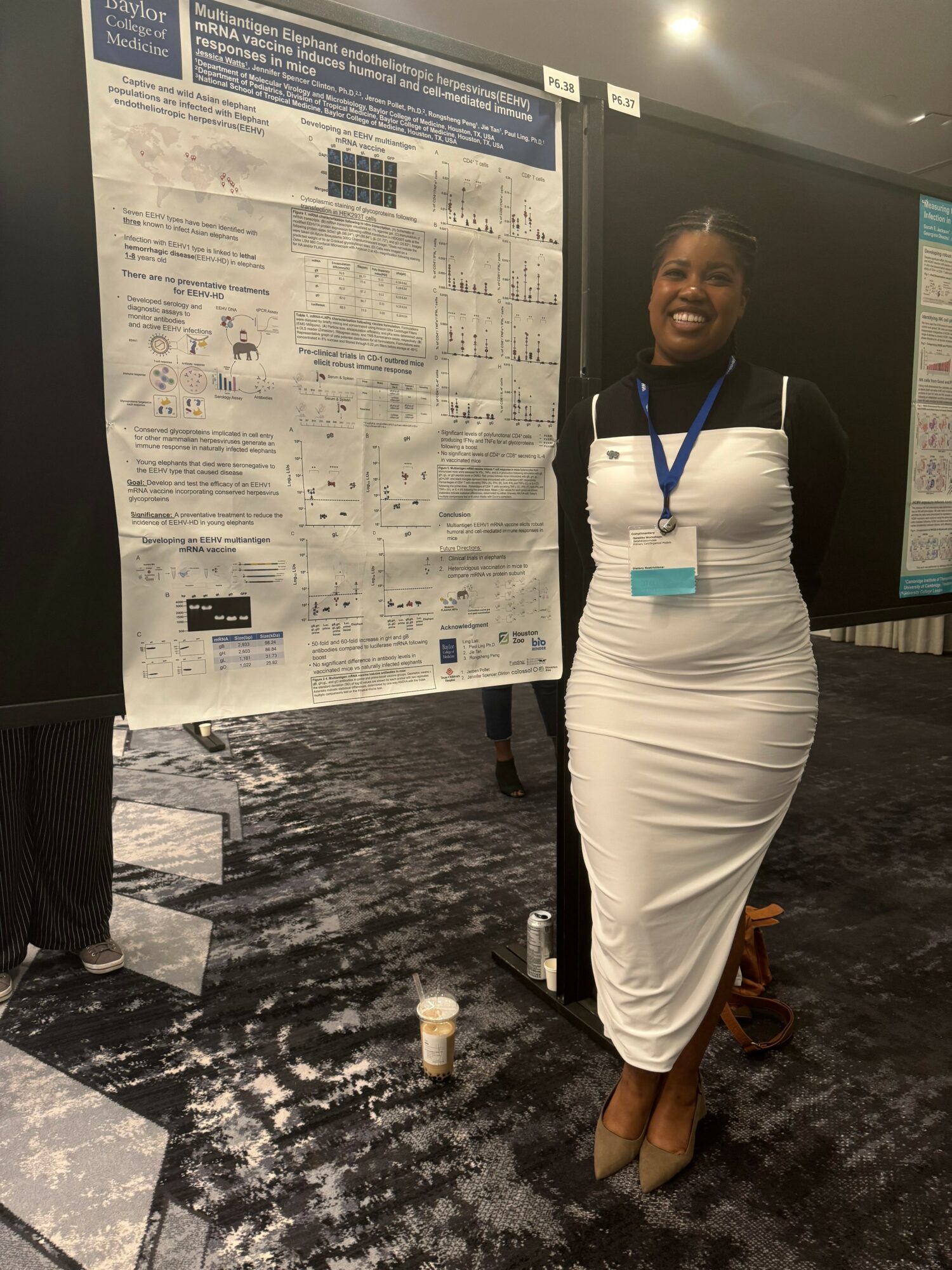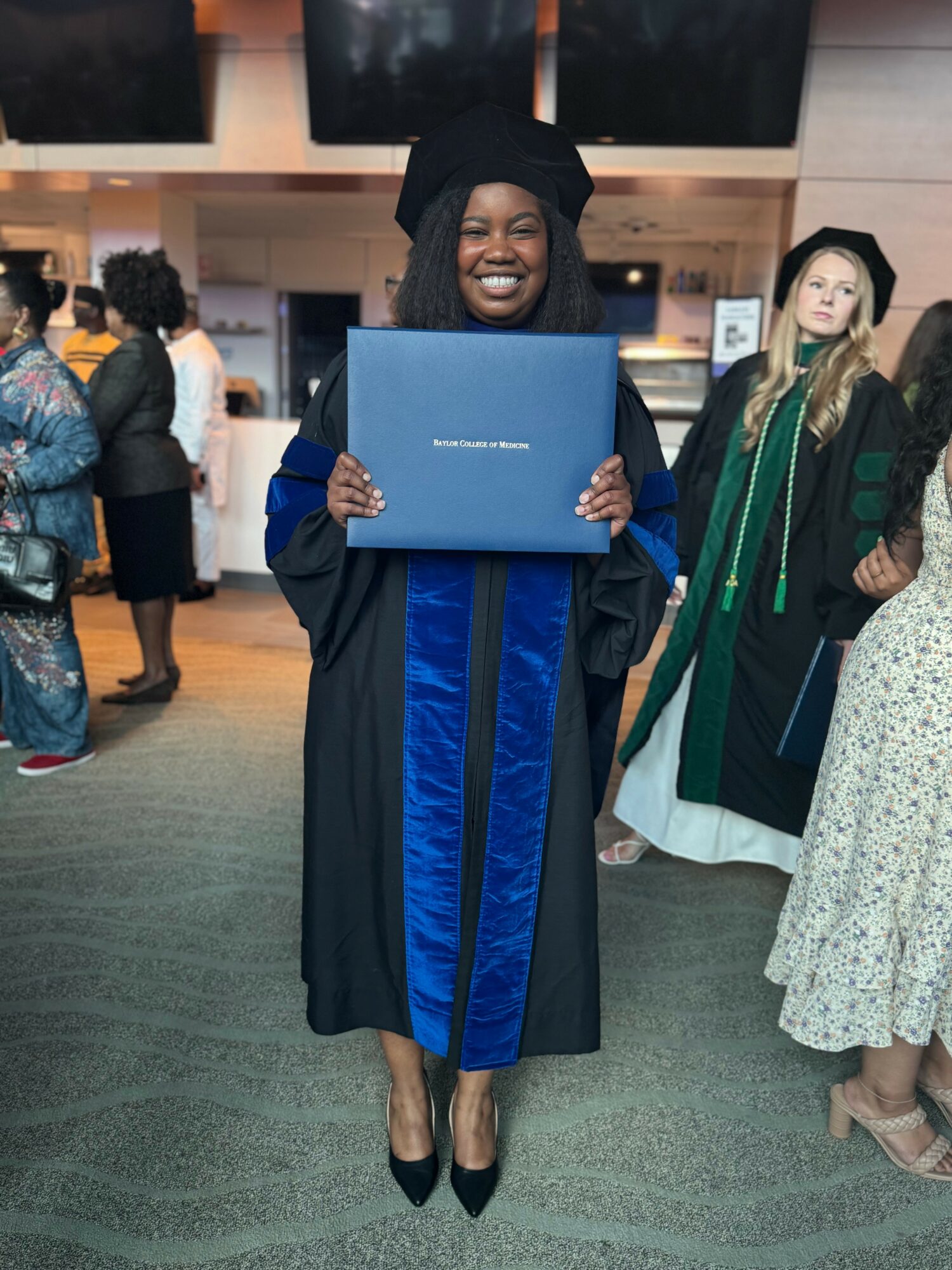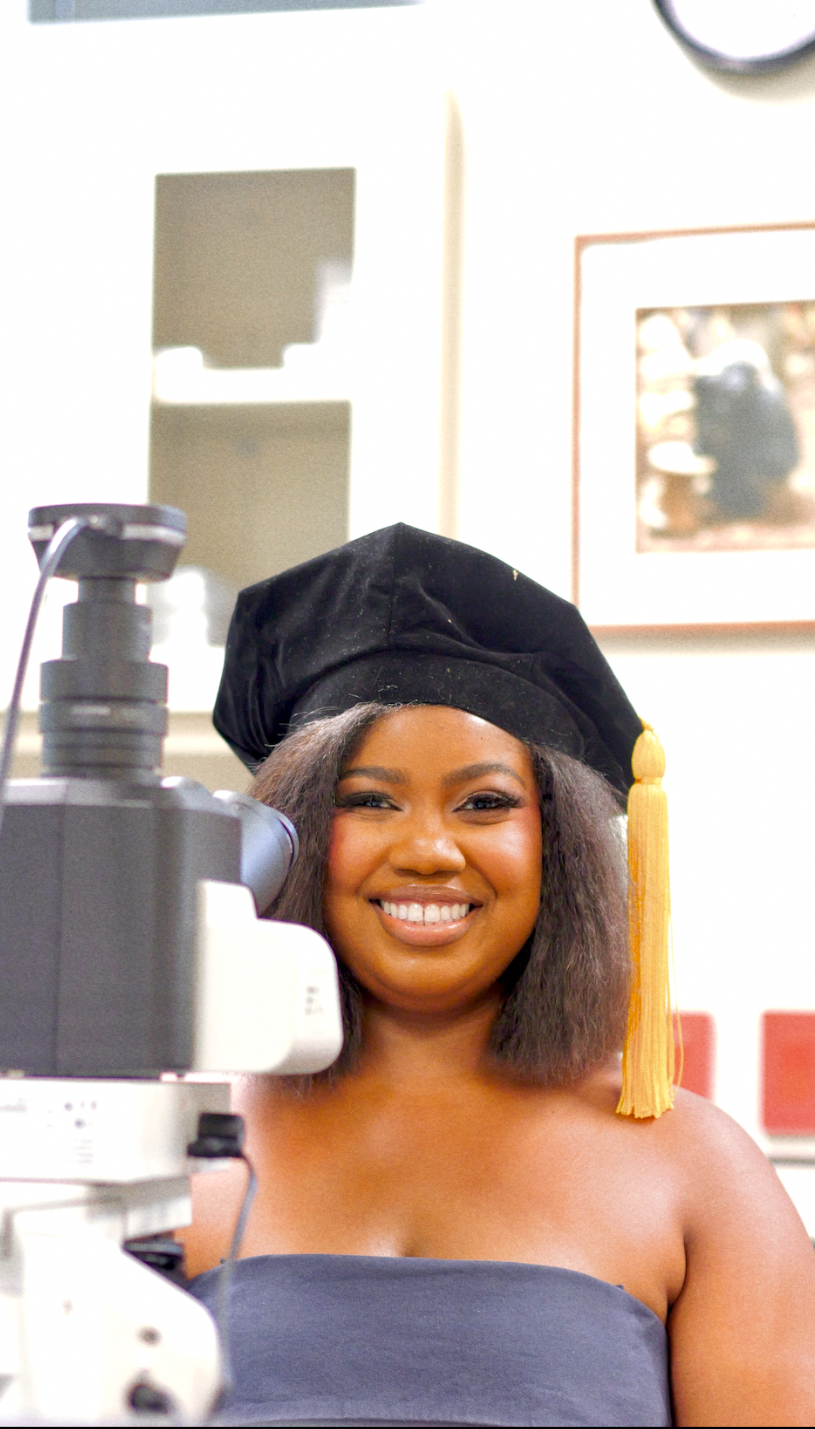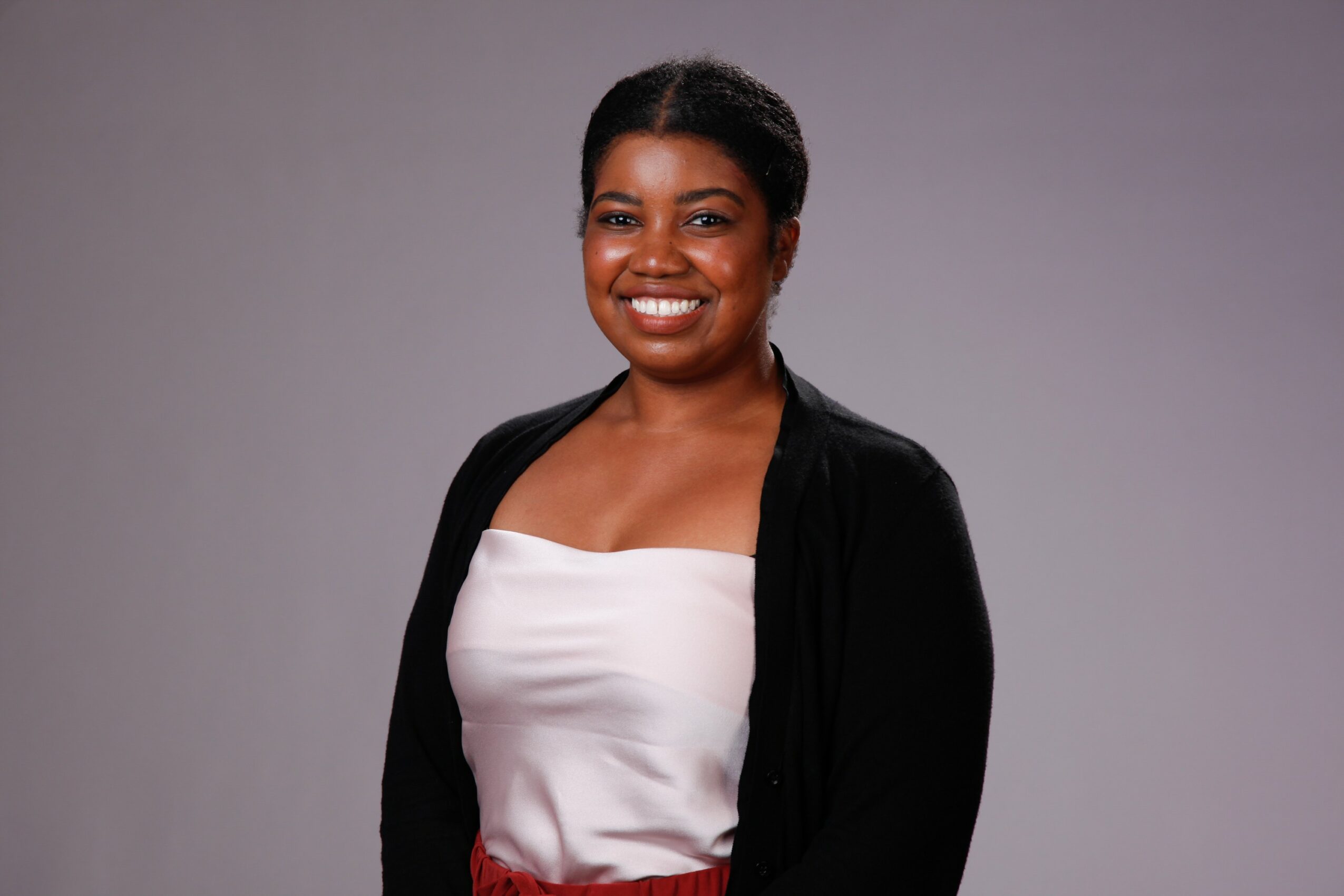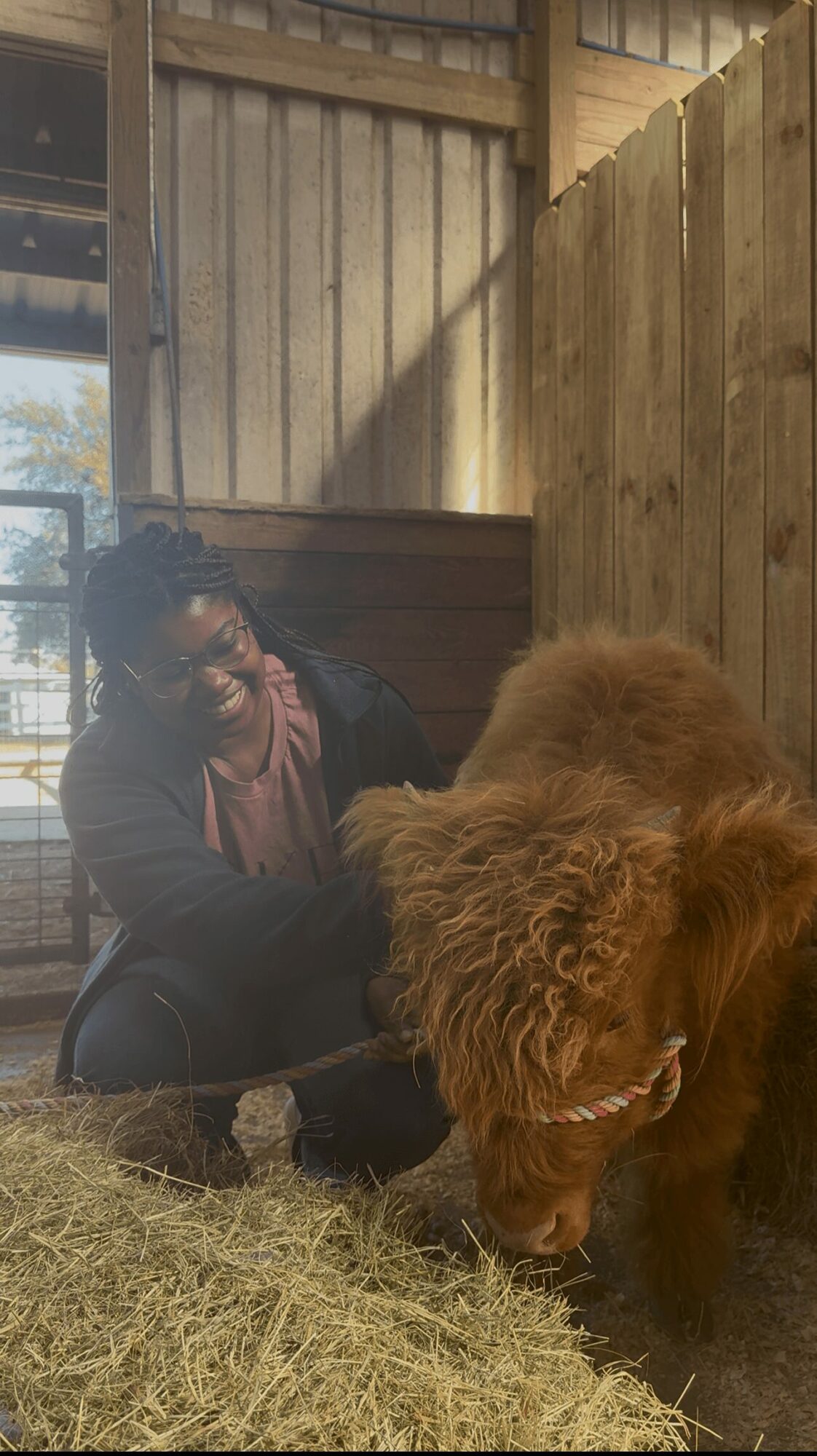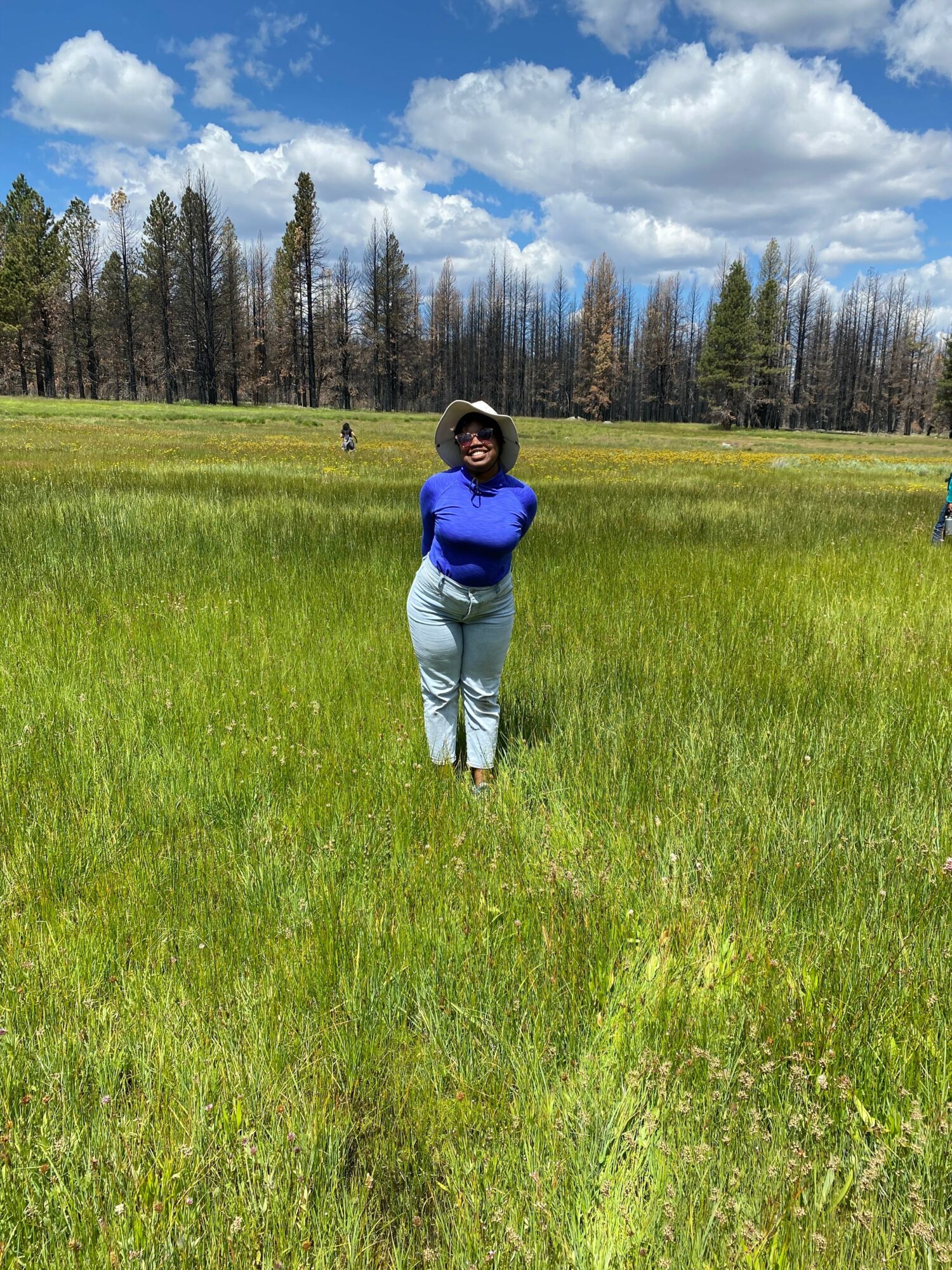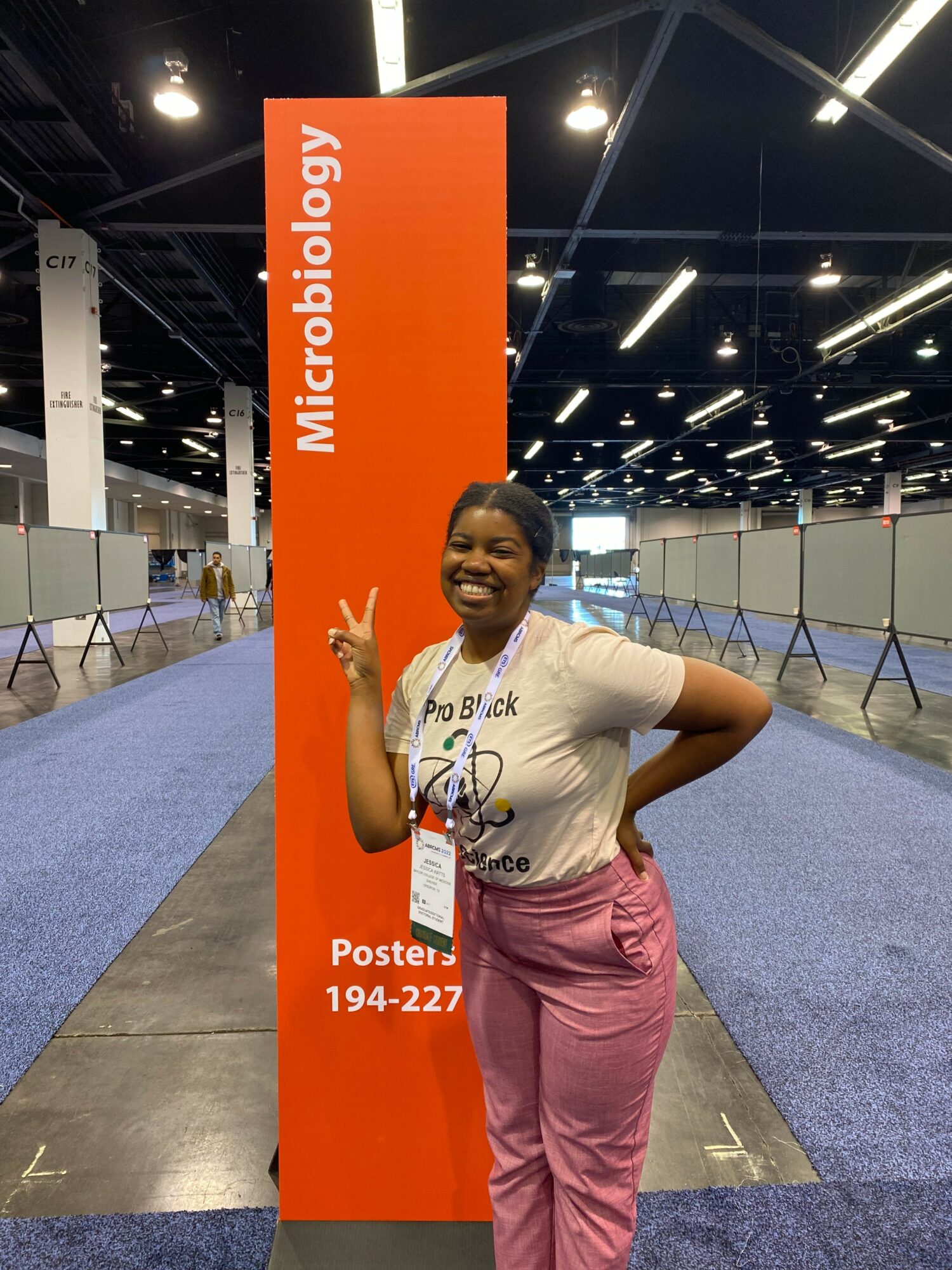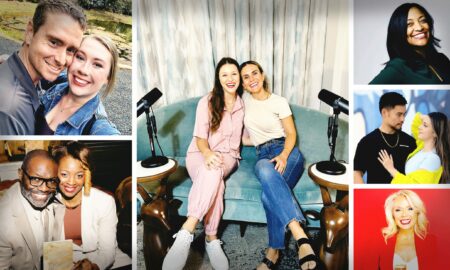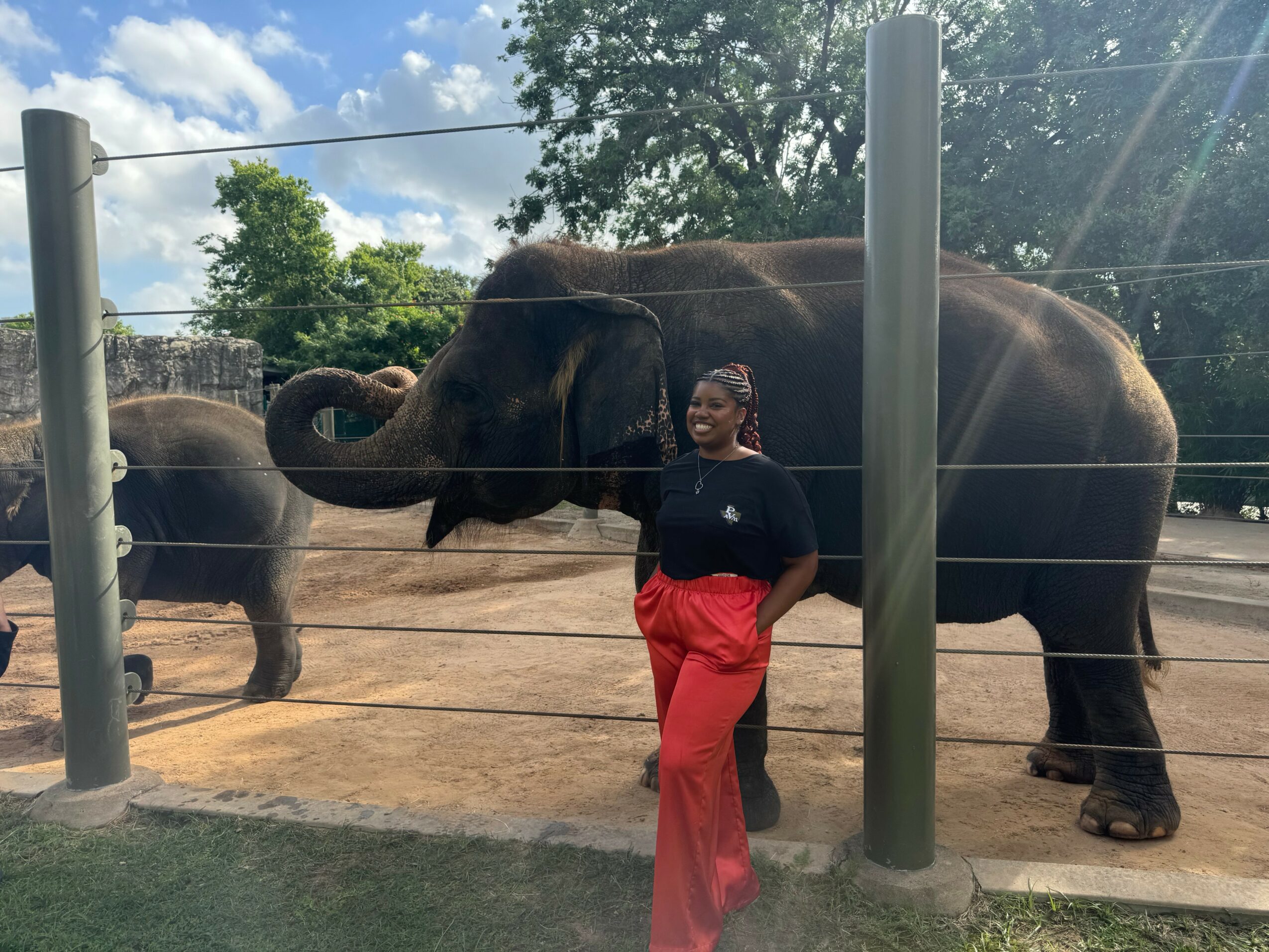

Today we’d like to introduce you to Jessica Watts.
Hi Jessica, we’re thrilled to have a chance to learn your story today. So, before we get into specifics, maybe you can briefly walk us through how you got to where you are today?
I was raised in Prairie View, TX, just down the street from Prairie View A&M University, a Historically Black College and University (HBCU), and the second-oldest public institution in Texas. Owning various animals seemed like a prerequisite for rural living, and I had a plethora of cats and dogs on the almost one acre of land we lived on. In addition, it was custom to encounter livestock such as chickens, rabbits, and the occasional turtle when I visited my grandpa, who practiced small-scale homesteading. As a young girl, I remember proclaiming I would be a veterinarian and pursued the pre-vet track at Prairie View A&M University when I enrolled in 2013. As I progressed through my undergraduate training, cracks began to appear in my desire to become a veterinarian. My classmates teased me when I showed up to care for my calf on the farm in ballet flats and a skirt, or when I preferred to stay inside while they played with the goats. My biggest turning point came when I was shadowing at a vet clinic in Waller, a neighboring town. I quickly tired of the mundane task of vaccinating puppies, and when faced with a very aggressive cat who had squirmed its way out of its hold and started scaling the walls like Spiderman, I promptly ran out of the room after letting a cowardly scream escape from my lips. From then on, I knew I needed a new career and fast! Out of pure luck and a need for some extra cash, I applied for a summer research experience and had my first encounter with biomedical research. I was exposed to animal health research, where I worked on a project that was interested in seeing if genes that were important for human fertility were also present in breeding goats and if we could increase breeding outcomes in male goats by evaluating semen quality based on genetic and environmental factors. This experience was crucial because it (1) allowed me to explore careers that benefit animal health besides being a veterinarian and (2) I had a visible representation of Black women and men in a laboratory setting with PhDs. Following graduation, I applied for biomedical sciences’ graduate programs and surprise…I did not get in. Due to my deviant attitude, I accepted a position as a research technician and a post-baccalaureate fellow to gain more experience. After a year and a half as a post-baccalaureate fellow, I reapplied to graduate school, and after weighing multiple offers, I decided to accept an offer from Baylor College of Medicine. As I rotated through laboratories to see which I would join to complete my degree, animal health was still at the back of my mind. It just so happens there was a virologist, or a person who studies viruses, who studied a herpesvirus that can cause lethal disease in young Asian elephants and was attempting to develop different treatment options to reduce deaths in the already declining Asian elephant population. It was during my graduate training that I did something not many people can say they have done at a career level—I developed the first vaccine that reduced the development of lethal disease associated with a herpesvirus infection in two elephant calves at the Cincinnati Zoo in June of this year.(https://cincinnatizoo.org/groundbreaking-vaccine-helps-young-elephants-at-cincinnati-zoo-overcome-deadly-virus/). With this huge accomplishment, I accepted a postdoctoral position with the Centers for Disease Control and Prevention (CDC) to pivot into public health and defended my PhD in February 2025. Unfortunately, biomedical research funding cuts and reorganizations at the CDC by the current government caused me to retract my job offer, and I was once again at a crossroads for my career aspirations. With that same deviant spirit further emboldened by now having a PhD, I accepted a postdoctoral position, which I started in September, in a health professional education program that focuses on providing an effective curriculum to train healthcare professionals and ensure quality patient care and delivery.
Can you talk to us a bit about the challenges and lessons you’ve learned along the way. Looking back would you say it’s been easy or smooth in retrospect?
Definitely not! During my short career, I have had to pivot at every transitional stage. I think there is a myth that education is a band-aid that covers all aspects of human life. While I recognize there is a privilege in having the space to be resilient enough to access education and become a part of the less than 2% of people who hold PhDs worldwide, I have had many struggles financially and career-wise multiple times during my journey to becoming a scientist. As mentioned before, my late exposure to biomedical research left me ill-prepared for graduate school interviews following graduation from PVAMU with my BS in Biology, and I was vehemently rejected from all the programs I applied to and to add insult to injury, during my time as a research technician, there were comments made that I did not show the typical attributes of a gradaute student. Additionally, after an application cycle that was six months for a position at the CDC, I withdrew my acceptance of the position due to a misalignment of values, and I was unemployed for six months. Funnily enough, during my unemployed period, I started working at a bakery to help pay my bills, which has been a fun adventure in itself. During each of these times of uncertainty, two things have been constant: my unwavering confidence and belief in myself that I can achieve any goals I set, and acceptance of the unknown by always being curious and not afraid to tackle new challenges, regardless of whether they fit social norms for those with my educational background.
Appreciate you sharing that. What else should we know about what you do?
I specialize in mRNA vaccine development. My training allowed me to learn and participate in all parts of the vaccine development pipeline from vaccine design to implementation in the target species, and exposed me to vaccine regulatory measures for approval of veterinary vaccines with the United States Department of Agriculture (USDA). I was able to not only learn new, cutting-edge technology to fight emerging infectious diseases in the form of mRNA vaccines, but I also got to incorporate my love for animal health through my work with Asian elephants. Additionally, I get to interact with knowledgeable zookeepers and veterinarians at multiple zoos in the US due to my contribution to the field, and I plan on using this perk to visit every Asian elephant herd in the US! Outside of my breakthrough research for Elephant endotheliotropic herpesvirus, I have become an informal student of the social sciences. Addressing inequities in the science field has become a huge passion for me, and I realized that understanding the history of why disparities exist is important for dismantling systems and structures that perpetuate them. I am currently in the process of launching a podcast titled Beakers and Blues that centers Black culture and history in the discussion of science, and I am looking forward to sharing my newfound interest with those in and outside of the science community.
What quality or characteristic do you feel is most important to your success?
I feel my unwavering support of myself and personality have been the most important aspects that have driven my success. I have found that you are your biggest advocate, and to honor myself in all aspects of my life. I have found through all of the uncertainties, redirections, and pivots that being authentic has taken me further than I could have ever imagined. It has allowed me to develop deep personal and professional relationships that have translated to a strong community that has continuously advocated for me and opened doors for me. Transparency can be very scary at times, but being intentional in finding people who affirm the value you already see in yourself is pivotal for not just being good, but great in whatever you choose to pursue. I always remind myself that when you are comfortable in who you are and do not compromise yourself, other authentic people naturally gravitate towards you.
Contact Info:
